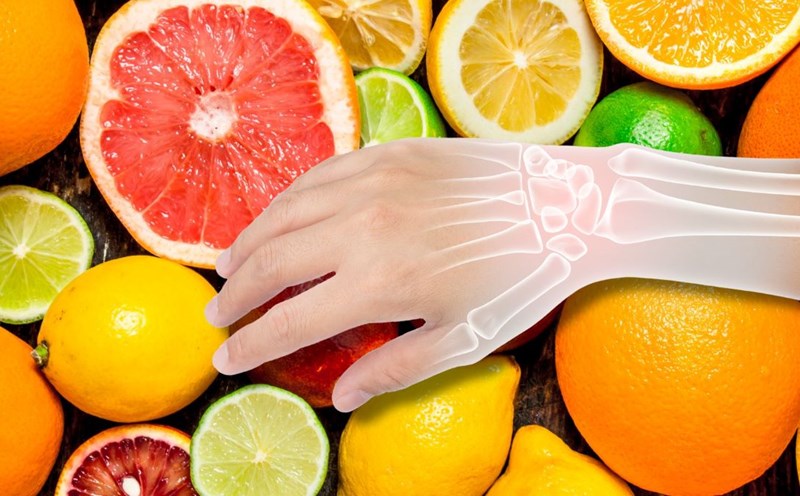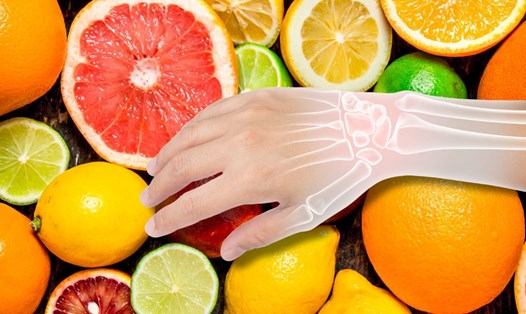Collagen is essential for structural support and holding the body together. Collagen is also an integral part of creating a stable environment for joints.
As we age, collagen levels decrease due to the body's inability to absorb nutrients or use them effectively.
This decline contributes to increased wrinkles. Tendons and ligaments become stiffer and less flexible. Muscles shrink and weaken. Joint pain or osteoarthritis due to worn cartilage. Gastrointestinal problems due to thinning of the lining of the digestive tract.
According to the Cleveland Clinic, our bodies combine amino acids (nutrients from protein-rich foods) to create collagen. Zinc, copper, and vitamin C are also needed for this process.
Foods rich in collagen and that promote collagen production include fish, beef, eggs, red bell peppers, tomatoes, bone broth, berries, citrus fruits, dark green leafy vegetables, beans...
Collagen has become popular and is available in supplement and powder form, allowing people to easily add it to smoothies, yogurt, coffee...











